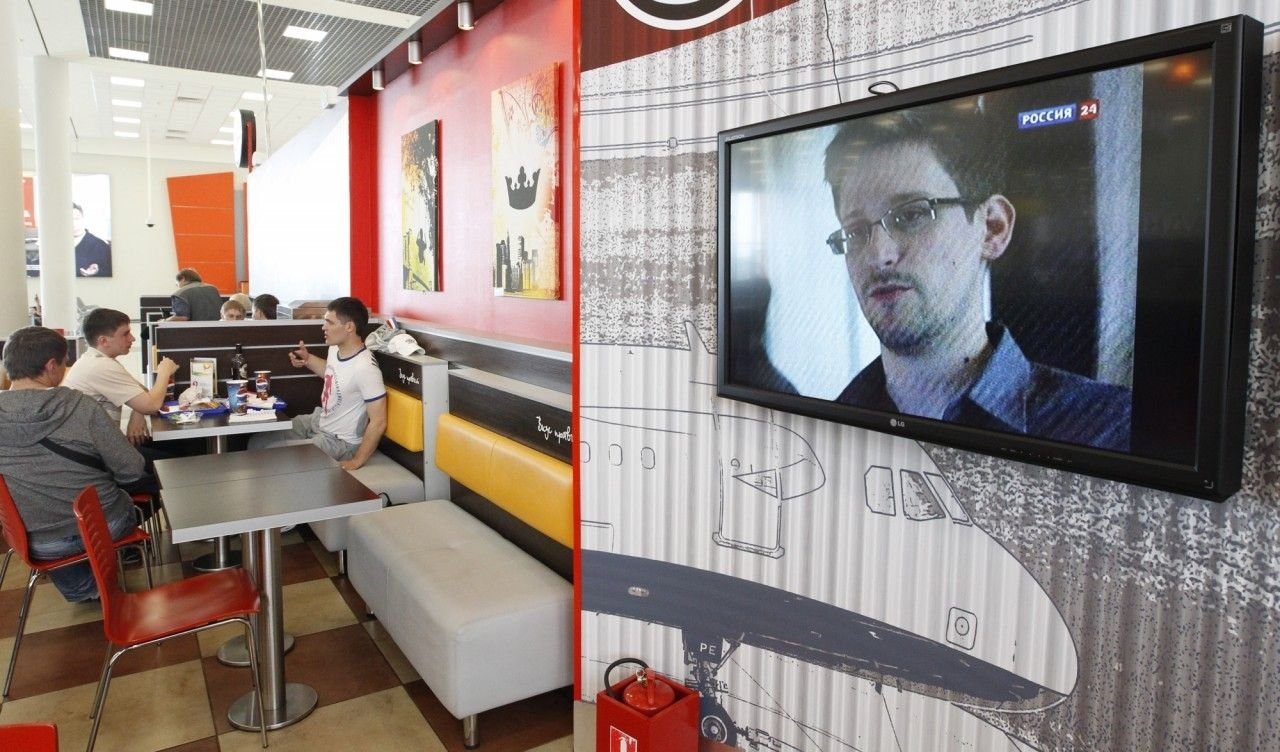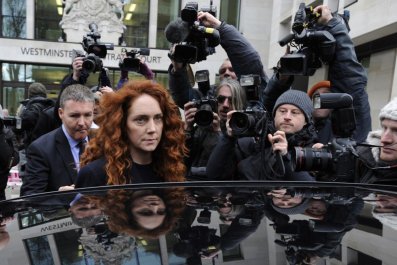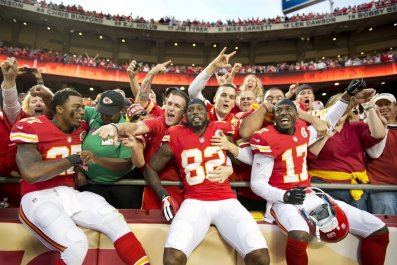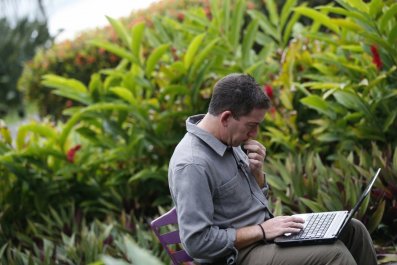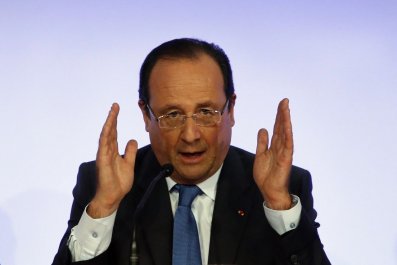Of all the vituperation directed at NSA whistleblower Edward Snowden, some of the harshest has come from Mike Rogers, the Republican chairman of the House Intelligence Committee. "A traitor," Rogers called him, a "liar" who "overinflated his position... overinflated his access, and he's even overinflated what the actual technology of the [NSA] programs would allow one to do. It's impossible for him to do what he was saying he could do."
At a panel discussion early this month, Rogers laughed at a joke by former NSA and CIA chief Michael Hayden about his dark fantasy of putting Snowden on a kill list. "I can help you with that," he chuckled, as the audience howled.
And yet this week Rogers, a former FBI special agent, very carefully indicated that he's willing to talk to Snowden, the 30-year-old ex-NSA and CIA computer technician who has unloaded a startling cache of documents about NSA spying - with much more to come, according to his associates.
Thomas Drake, a former senior NSA official and whistleblower, met with the uber-leaker recently in Moscow. "I am fairly confident that he would consider it if formally invited and could do so through safe channels," Drake said by e-mail. "However, instead of being invited to brief secret committees who have been complicit in NSA's surveillance programs, I think he is much more inclined to provide public testimony on the record."
When told by Newsweek that Snowden appears to be willing to testify, Susan Phalen, the House Intelligence Committee spokeswoman, said (after conferring with her boss): "If Edward Snowden is saying he'd like to talk to the House Intelligence Committee, Chairman Rogers would entertain that request."
A spokesman for Senator Dianne Feinstein, D-California, chairman of the Senate Intelligence Committee, said she had no comment when Newsweek asked if she'd take testimony from Snowden via a secure video link. In June, she called his leaks "an act of treason."
Billion-Dollar Overruns
Drake, who was prosecuted by the feds on a nearly century-old espionage statute after leaking details of massive cost overruns on an NSA spying program to a reporter, said an invitation to Snowden from the intelligence committees would be a first: Neither panel has ever invited an NSA whistleblower to testify.
Louis Clark, president of the Government Accountability Project, a Washington, D.C.-based organization which advocates on the behalf of whistleblowers, says it's time for the intelligence committees to hear dissident voices. "Despite the fact that there's a lot of information [from Snowden] out there, we don't see a lot of evidence that the [NSA] inspector general, for example, is dealing with these issues in any official way," Clark says. "If they are, fine, but we don't know that."
Drake's experience is instructive. In 2005, after NSA's inspector general and the intelligence committees sat on evidence he'd brought them of billion-dollar cost overruns and privacy violations, he was forced to choose between remaining silent or going to the press. When he chose the latter, the government charged him with espionage, which the judge in the case called "unconscionable" after the feds were forced to drop the charges. Drake now works at an Apple store in Bethesda, Md.
Snowden's allies are mystified that the intelligence committees don't seem to be eager to question Snowden, Drake, and other NSA whistleblowers. After all, they say, congressional investigating committees have invited mafia hit men to testify in highly publicized hearings. Why not invite national security whistleblowers?
"[Snowden's] primary and enduring focus is supporting meaningful surveillance reform legislation," Drake said, adding that the committees could learn plenty about what another insider called the NSA's "miserable audit system" for controlling what its spy-happy employees are doing.
But aside from Rogers's carefully crafted overture, the intelligence committees don't seem interested - at least so far.
Civil liberties advocates would also like to find a way to get Snowden's highly classified documents into official channels. "We're talking about going to the executive branch and the legislative branch with some well-honed concerns that we believe the American public would like to see addressed. They certainly have not been examined to date very effectively," says one, demanding anonymity in exchange for discussing sensitive deliberations.
At the top of their list is evidence from Snowden that the NSA exceeded its authority by functioning, in effect, as a domestic intelligence agency, collecting information on Americans' telephone conversations and emails without a warrant. But Snowden has another vast trove of highly sensitive information on questionable intelligence operations that he squirreled away before leaving the United States in May, sources tell Newsweek, out of the reach of reporters - so far.
"We want to kick off some sort of official internal investigations, because right now, they're not acting on" his revelations, a knowledgeable source says.
Meanwhile, people in Snowden's camp say it would be easy to arrange for him to testify to the intelligence oversight committees via a video linkup, encrypted or not.
"If Snowden is interested in talking with the House intelligence committee," says Phalen, "he needs to contact the committee directly or through counsel."
No problem, say his allies - if Rogers is ready to move beyond name-calling. Skype is only a computer click away.


